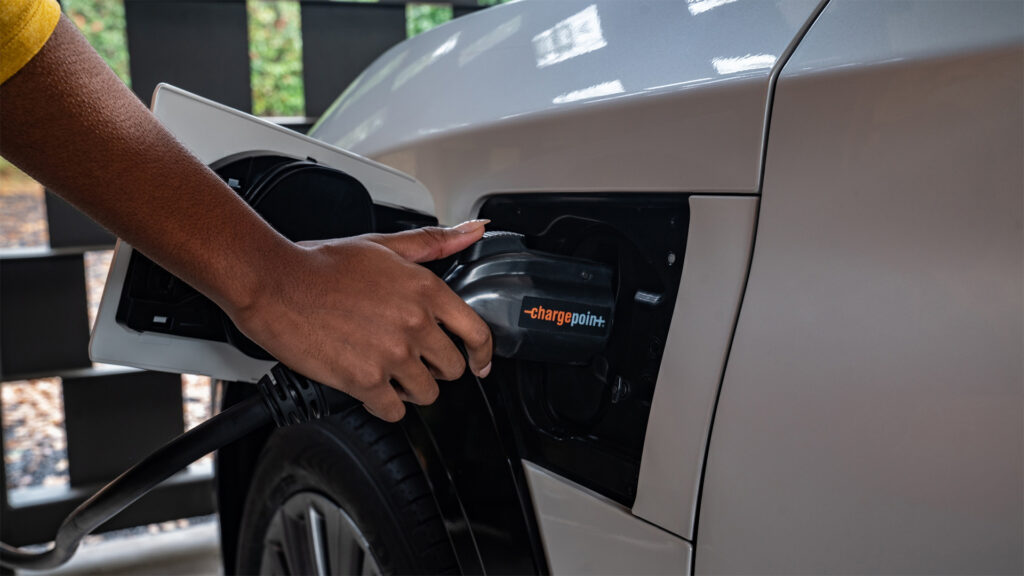The ongoing trend among the car industry of carmakers signing up to use the Tesla Supercharging network, or create their own charging stations, threatens to kill off the two largest publicly held charging networks in the U.S., ChargePoint and Blink Charging.
Quarterly filings released by the two companies reveal that they both have less than a year of cash left. Details from ChargePoint state that the net cash it used in operating activities in the fiscal first quarter swelled from $71 million to $104 million. Its cash reserves also fell from $541 million to $314 million and while the company plans to reduce losses by two-thirds by the fiscal fourth quarter ending January 31, things aren’t looking great.
Auto News notes it is a similar story with Blink Charging. It spent $65 million in the first half of this year, more than double the $31 million it spent in H1 2022. It also has just $75 million of cash in hand. According to Blind chief executive Brendan Jones, the company is dealing with outdated technologies and reliability issues that have frustrated EV owners, noting that Blink must now work on the quality of its chargers.

Companies like ChargePoint and Blink, as well as EVgo, were thought to be genuine Tesla Supercharger rivals. Indeed, ChargePoint has partnerships with the likes of Mercedes-Benz, Toyota, and Lexus while Blink works with Mitsubishi, Subaru, and General Motors. However, a growing number of car manufacturers have cited reliability issues as why they have made commitments to produce new EVs with Tesla’s North American Charging Standard connector, meaning owners will be able to use the Supercharger network.
Read: This Is Why Public Charging Networks In The U.S. Are Still Unreliable
“It’s kind of a perfect storm [for charging companies],” Guidehouse Insights analyst Sam Abuelsamid said. “They’re facing new competition, and their customers are not happy, and they need to spend money, but they can’t get the money, so it’s kind of the worst of all worlds for them.”
A recent survey from J.D. Power revealed that charging network satisfaction recently reached its lowest point with some 1 in 5 charging attempts failing.
Further threatening the presence of ChargePoint and others is the joint venture recently announced by BMW, GM, Honda, Hyundai, Kia, Mercedes-Benz, and Stellantis to establish their own EV charging network in North America from 2024.








